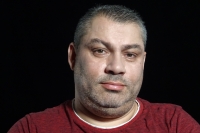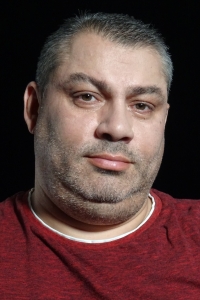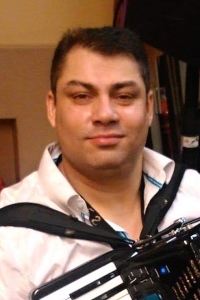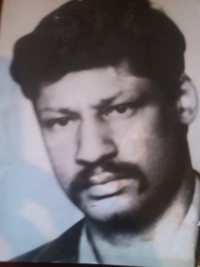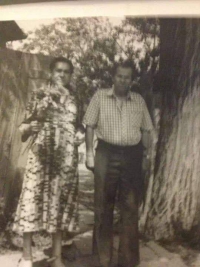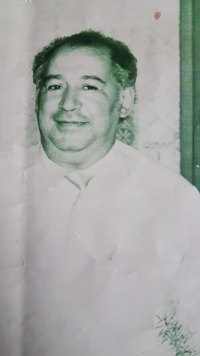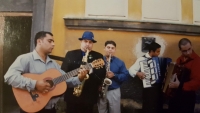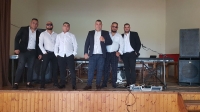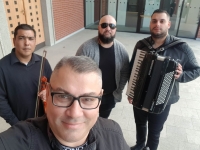I appreciate our Romani traditions and it hurts me that they are disappearing

Download image
Jan Kandráč was born on 12 October 1976 in Ostrava into a Romani family of musicians. His grandfather came from eastern Slovakia and before settling in Ostrava he traveled all over the country. His grandfather, father and other members of the family could play several musical instruments, sang and earned money by playing mainly at Roma celebrations, weddings and funerals. Jan Kandráč began learning to play the drums at an early age, then he started to play the accordion and saxophone. In the third school year he fell ill and spent almost two years in hospitals and spas. After returning to school, he was reassigned to a special school because of gaps in his knowledge. At age of 13, he began performing with the family band. He trained as a painter and decorator. For about five years he worked in Vítkovice Ironworks in Ostrava. In the early 90s he co-founded the band Gipsy Mercedes and later became the bandleader. After the outbreak of the COVID-19 pandemic, he promoted vaccination among the Roma. In 2022, he was living with his family in Ostrava-Přívoz and earning his living as a professional musician.
